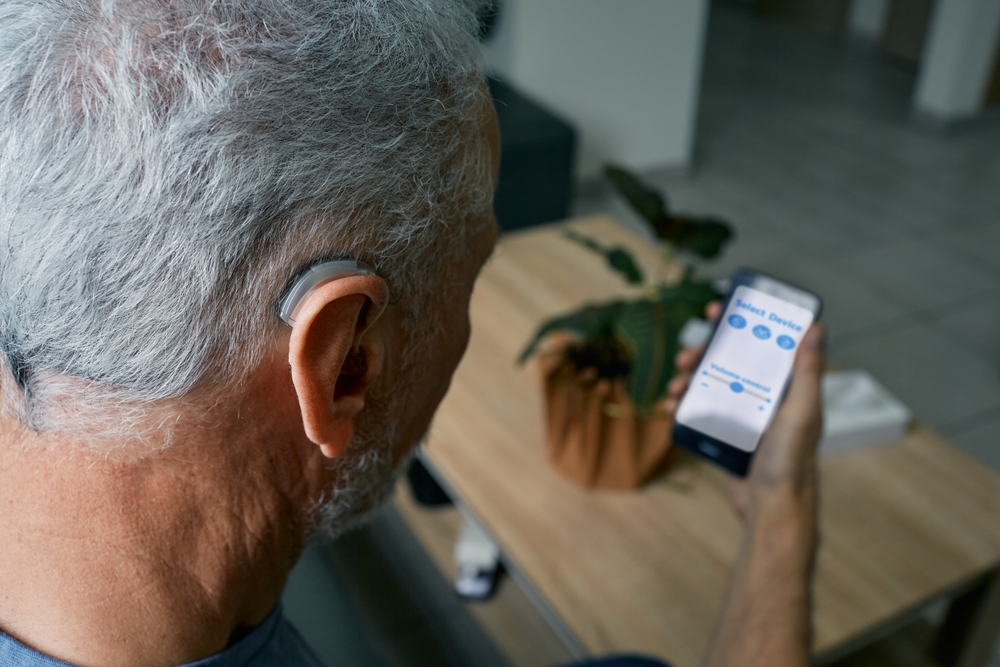Depending on your type of hearing loss and the kind of hearing aid you need, you might consider purchasing a used hearing aid, get one from a family member, or get one from an organization that distributes donated hearing aids, but it can be a more complicated process than it seems.
You’ll need to make sure you have your most recent hearing test results available, and that you talk to your specialist before choosing a hand-me-down hearing aid.
Adjusting Various Types of Hearing Aids
Some hearing aids fit inside your ear canal, while others are worn behind the ear. The adjustments that are made to hand-me-down hearing aids so you can use them depends on the type. Hearing aids that fit inside the ear have an outer case that was made specifically for the wearer’s ear. If you get a used hearing aid of this type, you’ll have to have the case changed to fit yours. Otherwise, it might fall out or give you extreme discomfort. Have a hearing specialist make a mold of your ear. They can then send that along with the hearing aid to the manufacturer so it can be re-cased to fit you. Once you get it back, you will need it to be reprogrammed to fit the results of your hearing test.
Hand-me-down hearing aids that fit behind the ear are a little easier to refit to your needs. The cases on these hearing aids don’t need to be replaced since they aren’t shaped to your ear. However, you will need a new outer earmold so that it fits properly over your ear. Your doctor can take the earmold impression and reprogram the used hearing aid so that it is specific to your needs.
Things to Consider
Before you obtain a hand-me-down hearing aid and undertake the expense of having it re-cased or remolded, you want to make sure that the model isn’t too old. If that model of hearing aid is obsolete, it may not be able to address your specific hearing loss diagnosis. The technology on hearing aids changes rapidly, and your doctor may not be able to reprogram an older model to suit your needs. The extent of your hearing loss also affects whether you can use a hand-me-down hearing aid. Each model has a range it designed to help. If your hearing loss is outside the range permitted by a particular model, it won’t address your hearing problems.
Why Bother?
Before you go through all this trouble to make someone else’s hearing aid work for you, ask if you’re eligible for new hearing aids through your insurance. Many insurance providers are now recognizing the connection between hearing loss and significant health problems and have decided to start covering them. There are also many ways to make hearing aids more affordable, either through health savings programs, healthcare financing options, VA programs, or other community programs.



